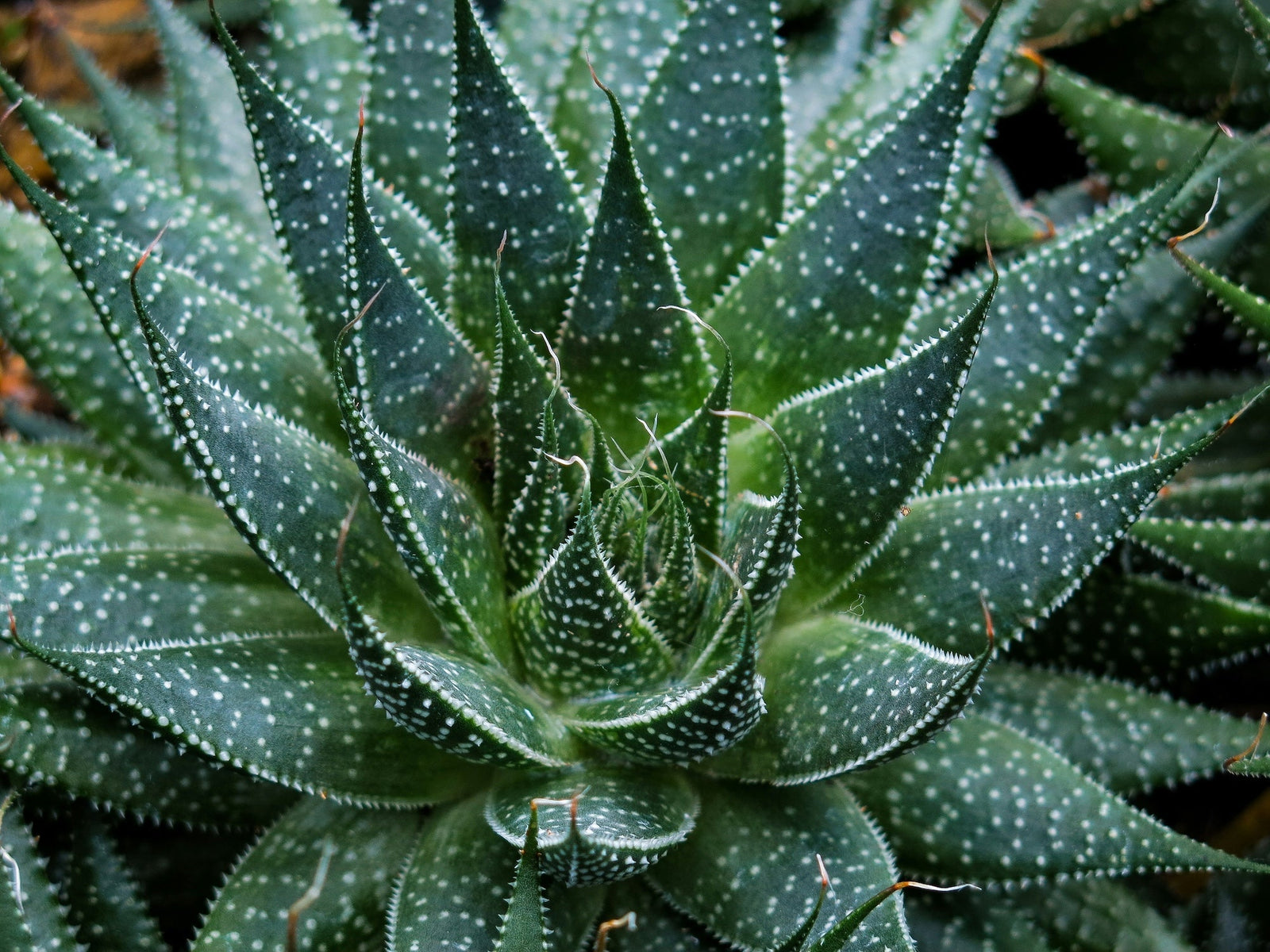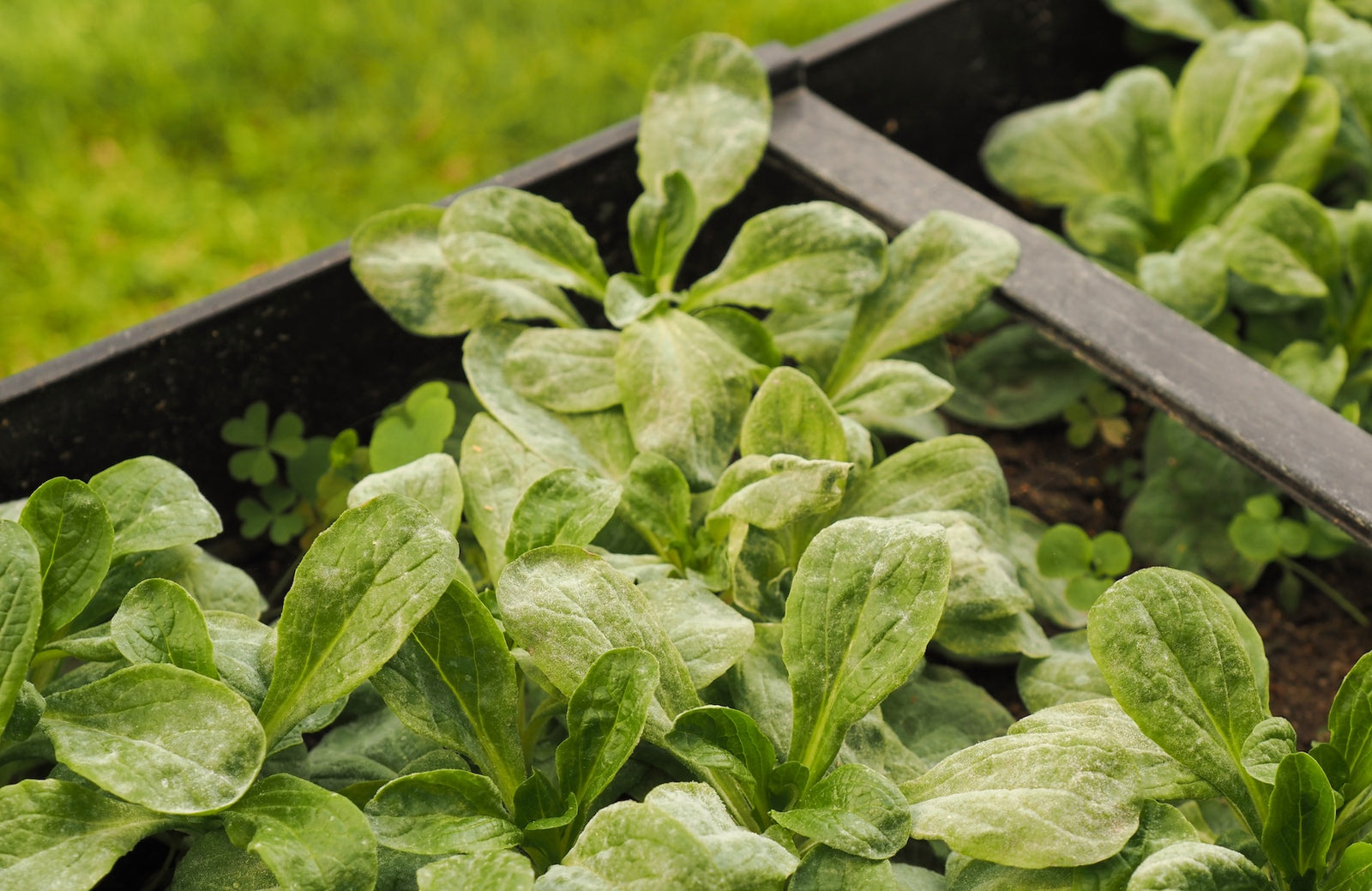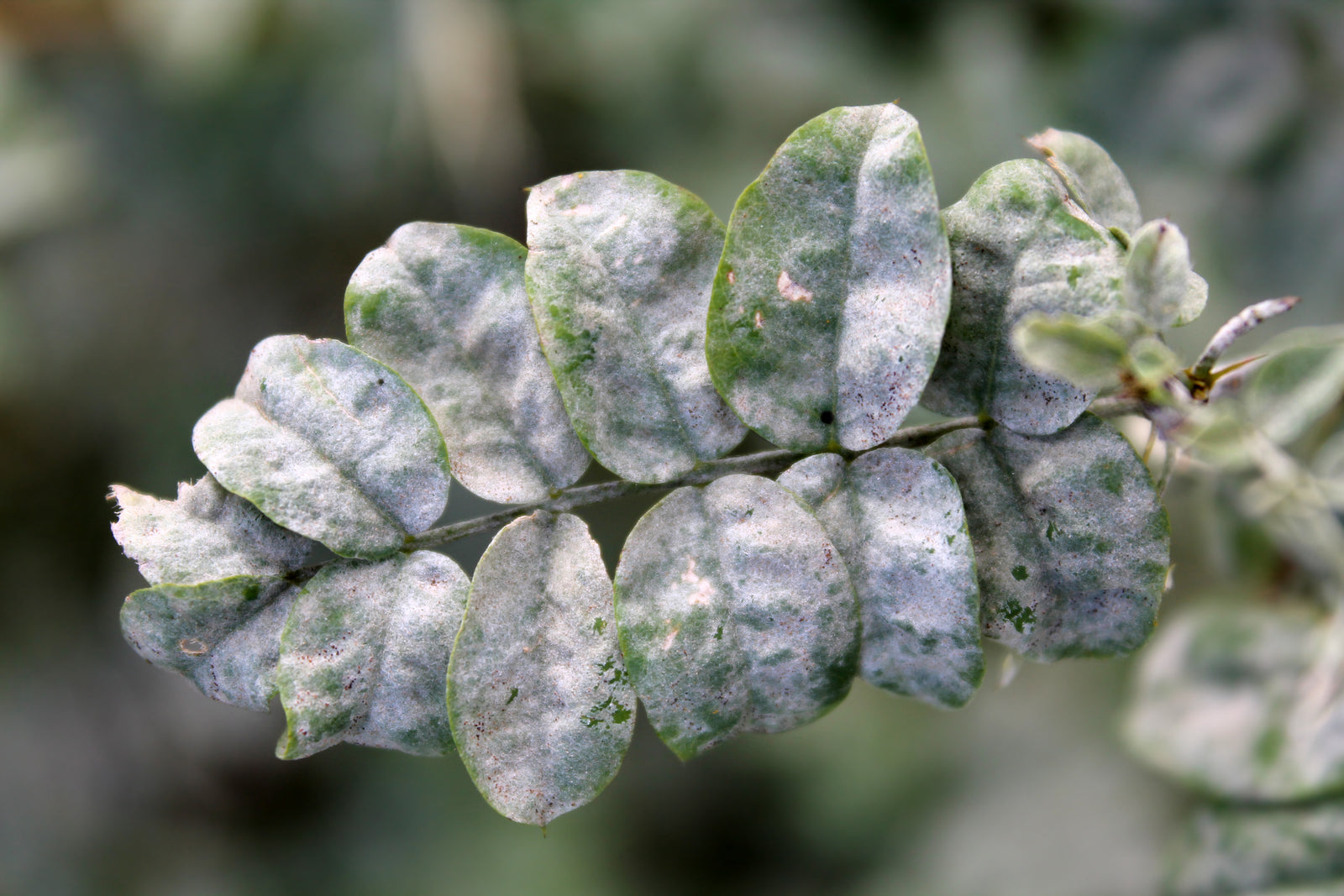
Ground squirrels are troublesome pests for homeowners and gardeners. Not only can they damage electrical wiring, siding and insulation, but they love to munch on sweet corn, tomatoes and many other vegetables in your garden!
SQUIRRELS ARE ON YOUR PROPERTY FOR FOOD, WATER & SHELTER- They forage in areas where they can escape to their holes in seconds.
- They dig in the ground on banks or slopes above or below groves, orchards, around live stock, in rock piles, wood piles, sheds and sitting broken equipment.
- Squirrels are daytime foragers so they won’t encounter owls that are night time predators.
-
- Use Multiple Catch traps such as the Squirrelinator
- Use Single Catch. Double door traps, such as Havahart Traps. Trap/Cages made for large rabbit or squirrel will work.
- Traps should be set in areas that you have confirmed as travel or feeding areas the squirrels have established on your property.
- After setting the trap or traps; baits that could be used are citrus, grains, avos, dry dog food as a lure for the squirrels.
- Place the trap over and on top of your bait selection at the middle of the cage where the trap door pedal is.
- Securing the cage to the ground using stakes , wire , or string to keep dogs and coyotes from flipping the cage over.
- The fate of the squirrel is the captors decision. California Fish and Game law – live non game nuisance pest
- Animals may not be relocated after being trapped .

BAITING
- Confirm feeding and habitat areas of squirrels.
- Eliminate the food source or control it (fallen fruit, nuts, oak trees and acorns, feed that can be put in tamper proof containers or trash cans with securable lids). This will stop competition from food sources interfering with your bait program.
- Place the bait stations in these areas. Securing the box to the ground will keep other animals from tampering or flipping the box over.
- The first week of any bait program; a non-poisonous grain (oatmeal, rolled oats, bird seed) should be used as a lure
- This will draw the squirrel to these bait boxes and get the squirrel used to going into them and feeding. Sometimes it takes 2 weeks of this pre-baiting step.
- Only use a tablespoon in each box. When the bait stations are emptied out by the squirrels at least 2 times, then the actual poison should be placed in each box.
- Fill both sides of box with the poisonous bait. ALL SQUIRREL BAIT BOXES NEED TO BE MONITORED AND FILLED EVERY 14 DAYS OF BEING EMPTY. Squirrel poisons are continuous feed poisons and need to build in the system of the animal. The squirrel must feed on this poison several times during the 2 weeks for the product to be effective.
- Please read label and follow instructions on the containers of bait purchased.
- If bait is gone but squirrels are still running around be patient, squirrels are foragers that store food. They eat their stored food in order which it had been stored and will eventually get to the poison they picked up.
- Once the main population is controlled you can fill the boxes once a month as a maintenance program.
BAIT TYPES
Wilco Squirrel Bait
Tomcat Squirrel Bait
Ramik Green
TRAP TYPES
Havahart Traps
Squirrelinator
BAIT STATIONS
Proteca Bait Station
Wilco Squirrel Bait Station



